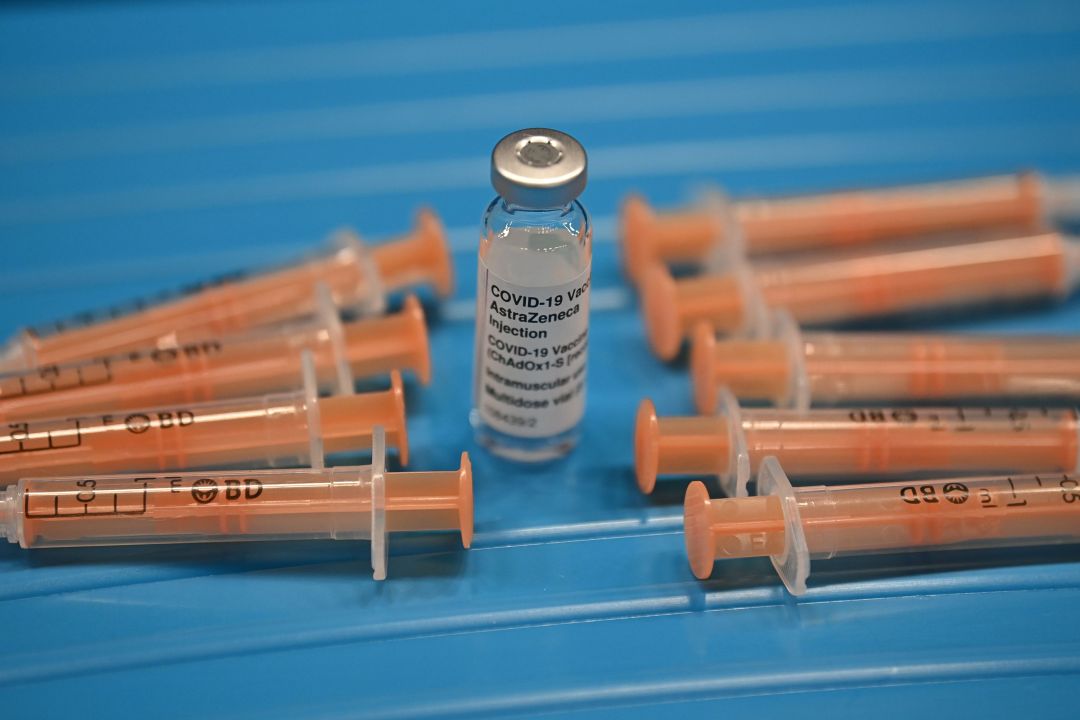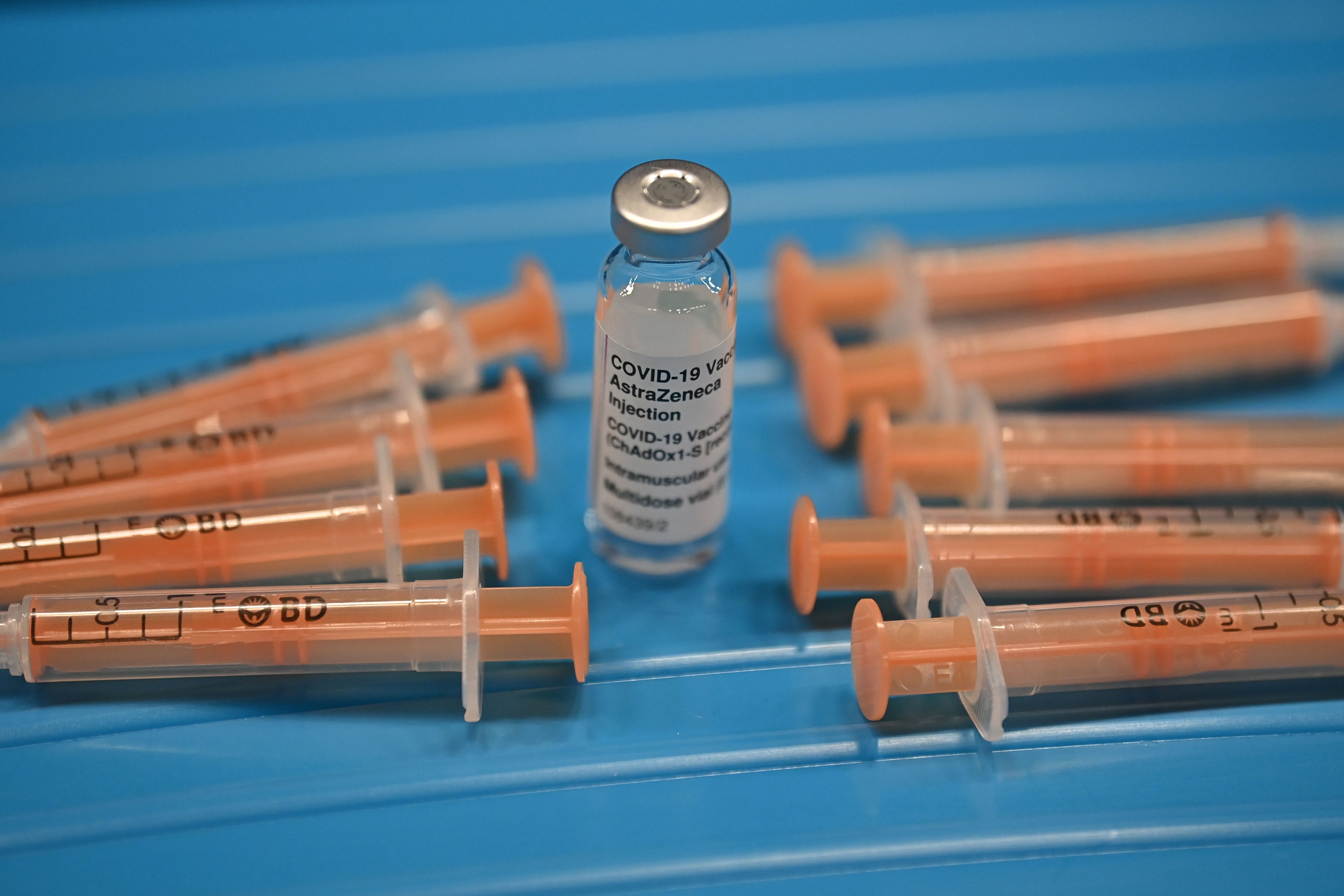Germany’s vaccine committee has advised the Oxford-AstraZeneca vaccine only be given to under-65s. The announcement marks a major twist in a week of muddled vaccine reports. On Tuesday, the German newspaper Handelsblatt suggested that German officials believed the Oxford vaccine was only 8 per cent effective for the over-65 groups (no evidence has been produced to support the 8 per cent claim). It has been heavily and extensively rebuffed by both AstraZeneca and the German government.
Yet the German reporter who broke the story doubled down on the claims, raising the stakes as to whether he was making precarious reporting worse, or whether the European Medicines Agency may indeed conclude that the vaccine’s efficacy is too low.
As Britain uses the Oxford-AstraZeneca, we’ll start to glean evidence about how effective it really is
Details are still emerging about why the German health committee has rejected the use of the vaccine for elderly groups. The standing vaccination committee at the Robert Koch Institute has said: ‘There is insufficient data to judge how effective the vaccination is above 65 years.’ In other words, this is a question about the efficacy of the vaccine, not its safety (the latter is not being questioned). We won’t know until tomorrow what the EMA plans to do. But already the announcement is set to play a big role in the future of the Oxford vaccine’s use in the EU.
While Germany is only one member of the EU27, its decision waters down the case the EU has been building this week: that Oxford doses should be diverted away from the UK and shipped to the EU instead. If one of its major players isn’t going to use the vaccine to protect its most vulnerable residents, the moral case it’s been pushing — for the UK to give up some of its doses to protect Europe’s elderly — becomes significantly weaker.
Furthermore, if the EMA were to follow Germany’s vaccine committee’s lead tomorrow and not approve Oxford-AstraZeneca for the elderly, it is bound to slow down their vaccination rollout: not simply by limiting its supply, but by ruling out the vaccine that, so far, is one of the easiest to distribute, only needing to be stored at fridge temperature.
We’ll know soon enough what the EMA decides to do. But it seems AstraZeneca’s CEO Pascal Soirot has been preparing for such a decision, telling Italian newspaper La Repubblica that while the company has ‘strong data showing very strong antibody production against the virus in the elderly, similar to what we see in younger people… it’s possible that some countries, out of caution, will use our vaccine for the younger group.’
A decision like this didn’t seem to worry him then: ‘If they want to use another vaccine for older people and our vaccine for younger people, what’s the problem? It’s not a problem.’ But worldwide debate about the efficacy of the vaccine is no great aid to AstraZeneca, nor is it helpful for encouraging take-up of the vaccine.
Questions around the Oxford-AstraZeneca’s efficacy have been outstanding for some time, ever since it was first announced that the vaccine provided protection from Covid-19. The vaccine was announced with an efficacy rate of 70 per cent, yet it was quickly teased out that this number was a combination of two samples: one large trial that produced 62 per cent efficacy and another, much smaller trial (crucially not tested on the over-55s) that provided 90 per cent.
As Britain uses the Oxford-AstraZeneca vaccine at rapid pace to inoculate its elderly, we’ll start to glean evidence about how effective it really is. Given its impressive rate of vaccination, Britian may be the first country in the world to provide this specific, real-world data — for Europe and the world, that data can’t come soon enough.








Comments